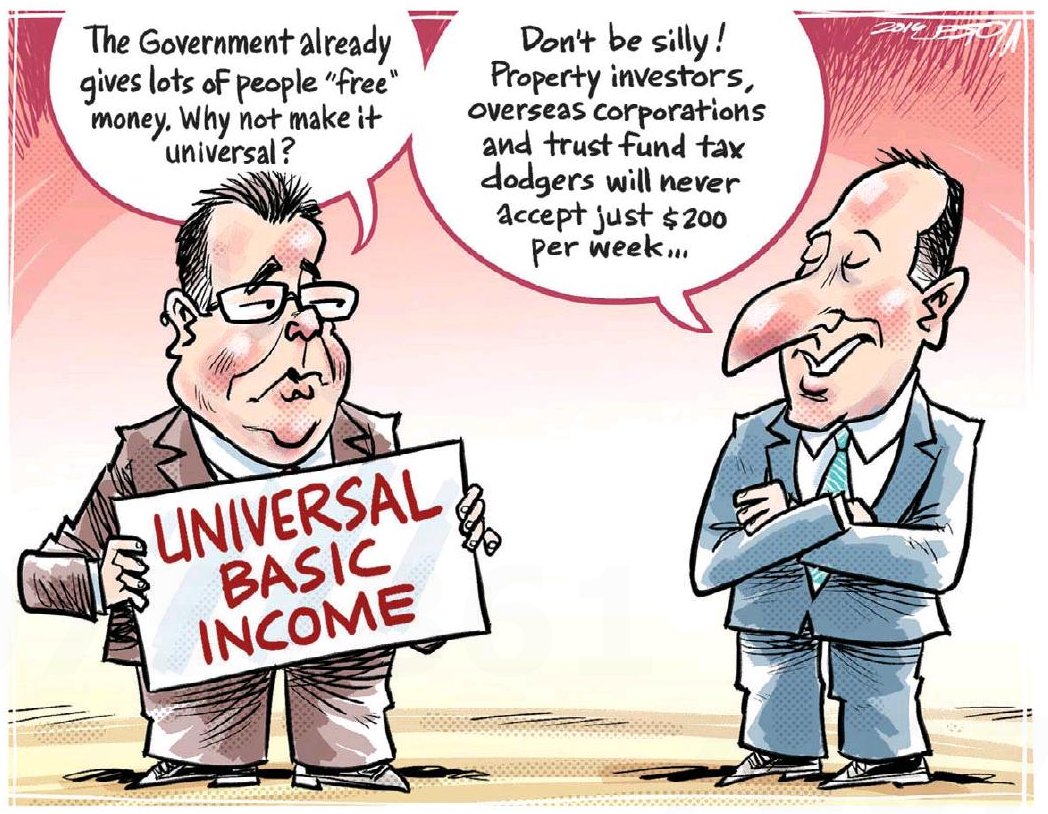Trump’s Trade War
Peace For Taiwan Is Possible
The Last Age of War, The First Age of Peace: Lord Kalki, Prophecies, and the Path to Global Redemption
Quantum Computing: Applications And Implications
Challenges In AI Safety
AI-Era Social Network: Reimagined for Truth, Trust & Transformation
Trump’s Trade War
Peace For Taiwan Is Possible
The Last Age of War, The First Age of Peace: Lord Kalki, Prophecies, and the Path to Global Redemption
Quantum Computing: Applications And Implications
Challenges In AI Safety
AI-Era Social Network: Reimagined for Truth, Trust & Transformation
Manufacturing the Future: Why America’s Tech Revolution Must Begin at Home
The convergence of AI, robotics, 3D printing, and materials science is reshaping manufacturing at an unprecedented pace. It promises a world where factories think, machines learn, and supply chains are hyper-localized and resilient. But despite the breathtaking potential of these technologies, the benefits won’t materialize on their own—not unless the U.S. fundamentally retools its economic, social, and political frameworks.
A Glimpse Into Tomorrow’s Manufacturing
Imagine factories where robots don’t just follow instructions—they collaborate, learn, and optimize. AI systems that predict demand, automate logistics, and adjust designs in real-time. 3D printing that produces complex structures on demand, reducing waste and slashing costs. Materials science—accelerated by discoveries in space environments—unlocks lighter, stronger, smarter materials for everything from buildings to biotech.
This isn’t science fiction. It’s already happening in pockets across the globe. Companies are exploring printable organs, AI-powered textile production, and zero-gravity metallurgy that can’t be replicated on Earth. The frontier industries of tomorrow—quantum hardware, modular green housing, biomanufacturing, and orbital construction—are within reach.
But the U.S. risks missing the bus.
The Bottleneck: America's Social and Economic Stalemate
Technological progress without inclusive prosperity is a broken promise. America today is a study in extremes: world-leading innovation coexisting with crumbling infrastructure, astronomical wealth alongside grinding poverty. The rise in productivity that AI and automation promise will not translate into mass prosperity if gains continue to be captured by the top 1%.
As with the Industrial Revolution, the Digital Revolution, and now the AI Revolution, productivity gains must be shared—or they will destabilize. Without serious political will to address inequality, automation will replace workers rather than uplift them. Without universal access to education, training, and health care, the workforce won’t be ready to meet the demands of the Fourth Industrial Revolution. Without rethinking tax policy and social safety nets, capital will become even more concentrated.
A New Social Contract for a New Industrial Age
To truly unleash the potential of this manufacturing renaissance, America must:
-
Modernize education to focus on lifelong learning, STEM, and creative thinking.
-
Guarantee basic needs—health care, housing, nutrition—so people are free to learn, invent, and contribute.
-
Invest in regional innovation hubs, bringing advanced manufacturing to rust belt cities and rural communities.
-
Reform taxation and ownership models to spread the gains of automation and AI across society.
-
Encourage public-private partnerships for moonshot projects in energy, biotech, and space manufacturing.
The Stakes Are Existential
Just as climate change threatens the planet, inequality threatens the cohesion of society. An America where a handful build the future while millions are left behind is not sustainable. But an America that couples technological ambition with bold social reform can lead the world—not just in innovation, but in dignity and shared progress.
The factories of the future may hum with robotic arms and quantum processors, but without a just foundation, they’ll produce more division than prosperity. It’s not just about manufacturing smarter—it’s about building a society wise enough to wield that power for all.
The future is being built. The question is: Who is it being built for?
Trump’s Trade War
Peace For Taiwan Is Possible
The Last Age of War, The First Age of Peace: Lord Kalki, Prophecies, and the Path to Global Redemption
Quantum Computing: Applications And Implications
Challenges In AI Safety
AI-Era Social Network: Reimagined for Truth, Trust & Transformation
Trump’s Trade War
Peace For Taiwan Is Possible
The Last Age of War, The First Age of Peace: Lord Kalki, Prophecies, and the Path to Global Redemption
Quantum Computing: Applications And Implications
Challenges In AI Safety
AI-Era Social Network: Reimagined for Truth, Trust & Transformation
Trump’s Trade War
Peace For Taiwan Is Possible
The Last Age of War, The First Age of Peace: Lord Kalki, Prophecies, and the Path to Global Redemption
Quantum Computing: Applications And Implications
Challenges In AI Safety
AI-Era Social Network: Reimagined for Truth, Trust & Transformation

